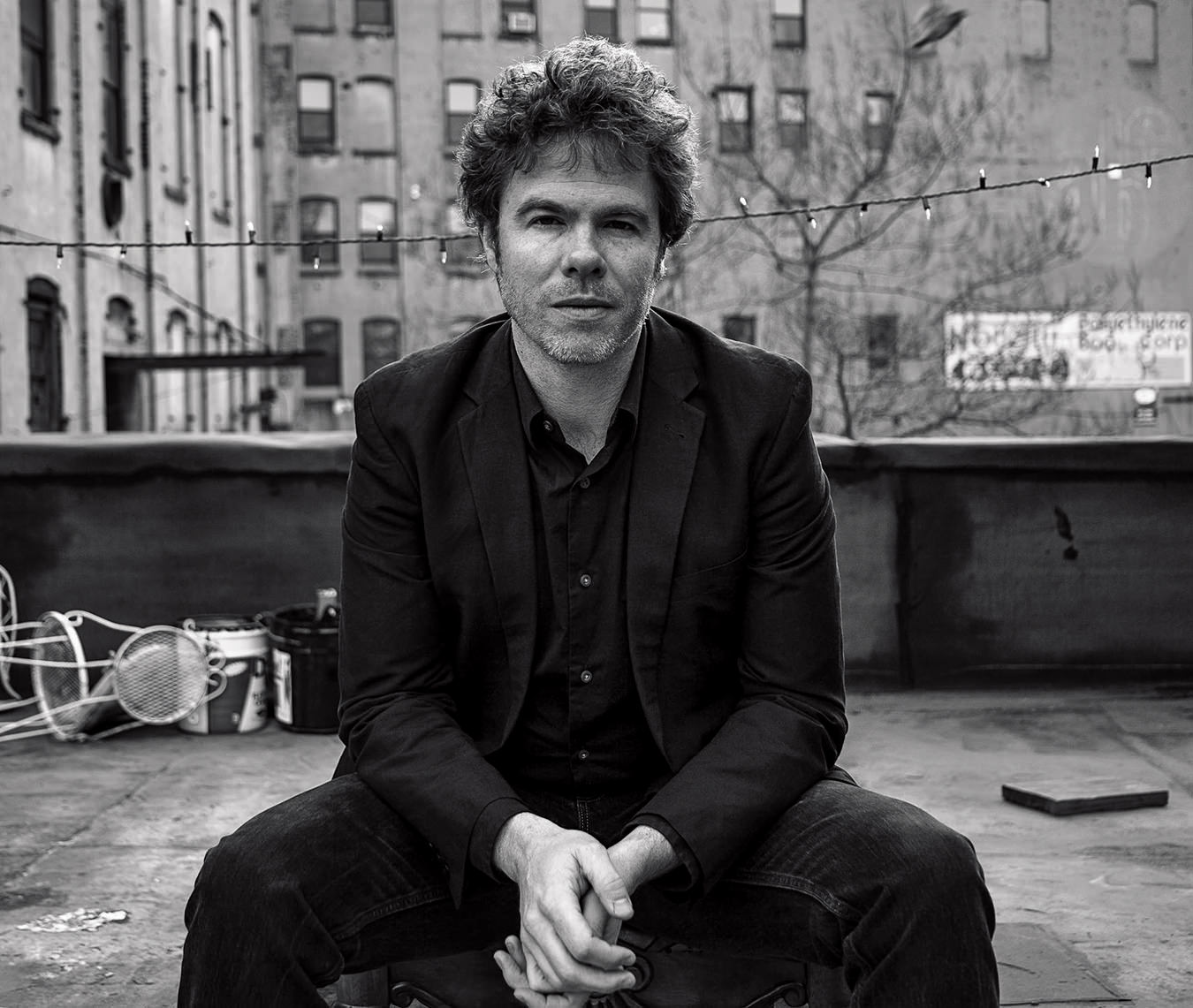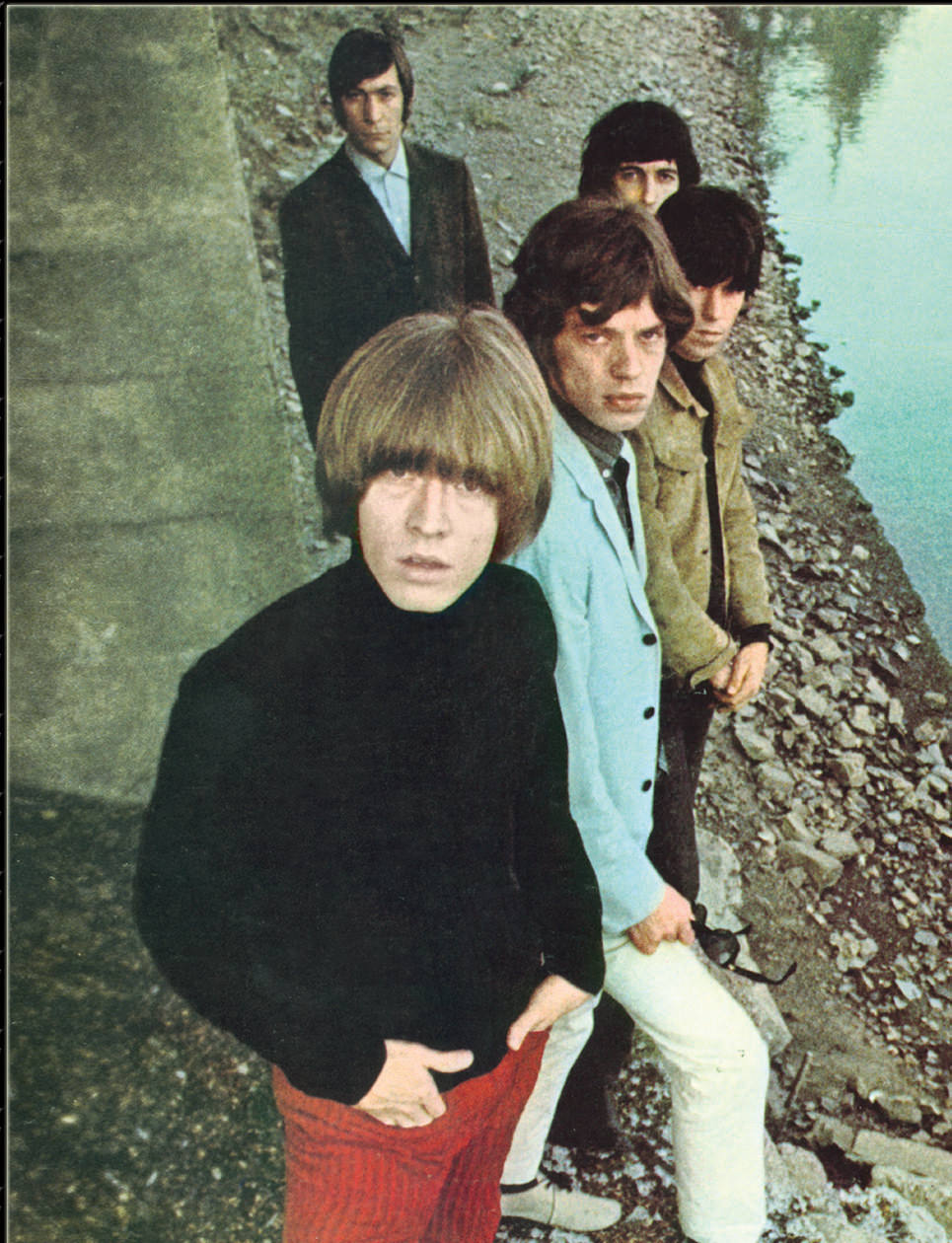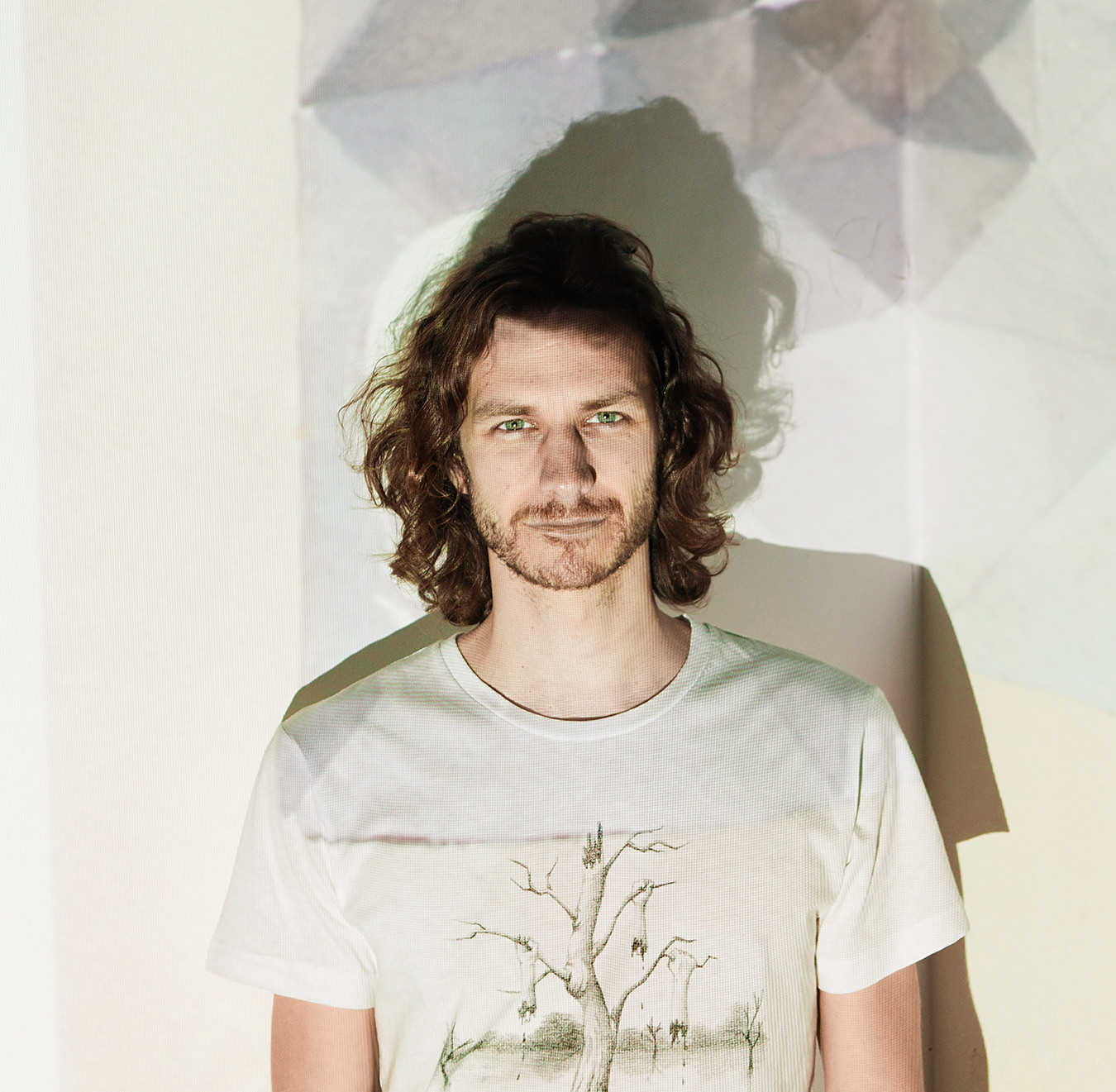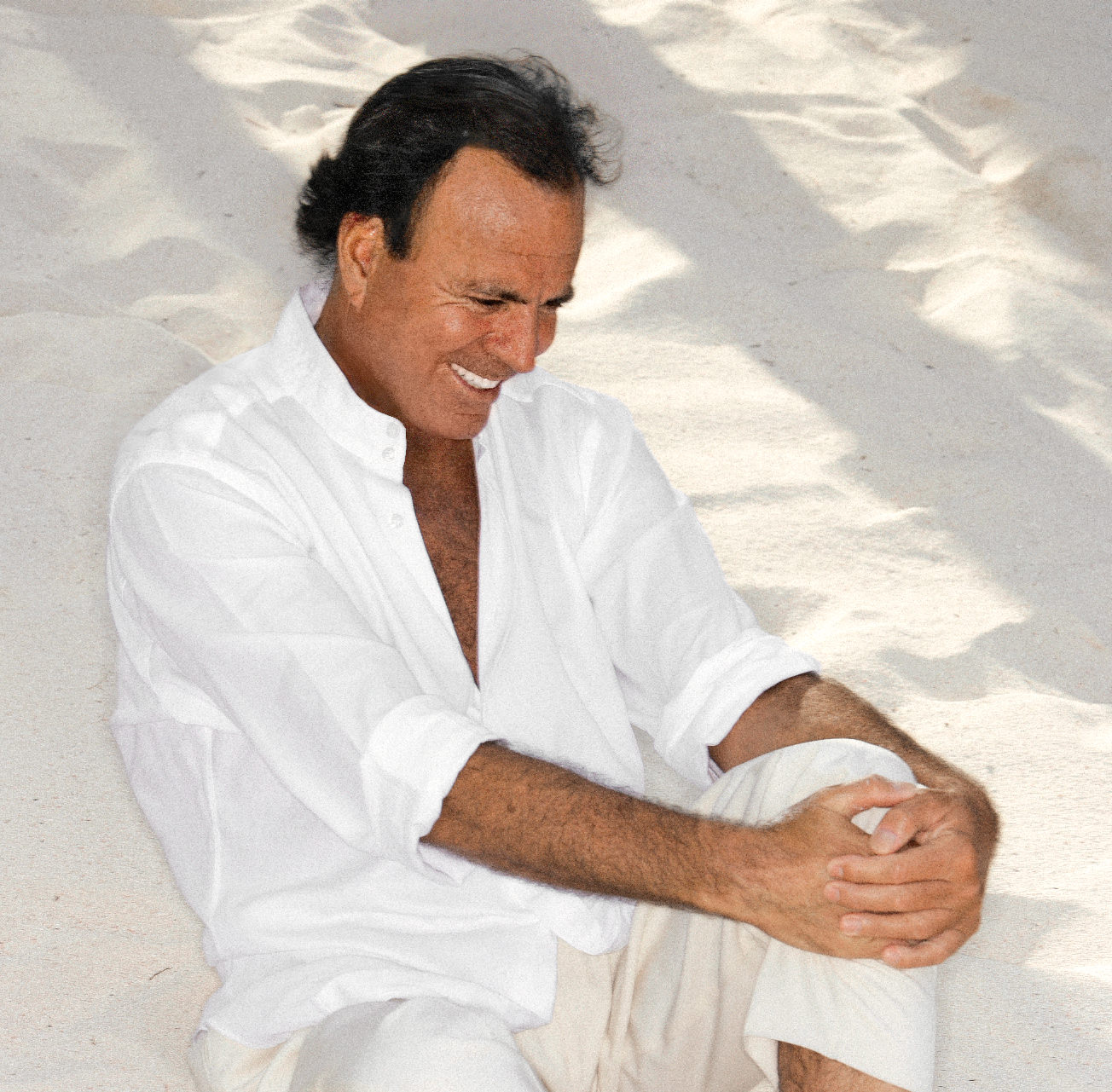The Fazioli Sound
Grand and concert pianos.
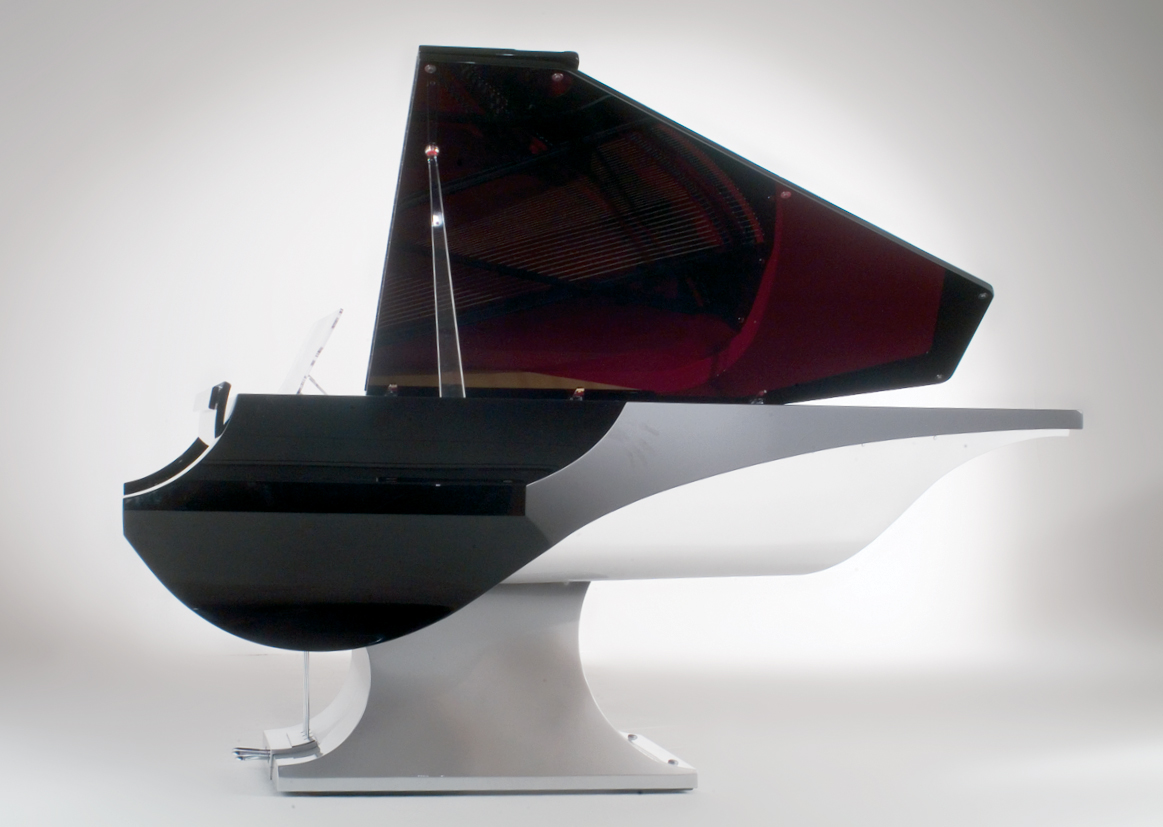
Fazioli M. Liminal piano designed by Philippe Gendre.
When pianistas are asked which piano is the best, the typical answer is Steinway. But in recent years, piano versus piano, the Steinway is no longer a soloist. An Italian-made grand piano has captured the imagination of several legendary pianists, so much so that a few internationally renowned pianists, including the likes of Herbie Hancock and Louis Lortie, have declared the Fazioli to be their piano of choice.
The Fazioli is relatively new in the pianoforte world. The company was started by Paolo Fazioli in 1978 in Sacile, a village northeast of Venice. Young Paolo had studied mechanical engineering in Rome to please his parents, but he carried on with his piano playing and went on to become a pianist at the Conservatory Rossini in Pesaro. Paolo told his parents, who were furniture makers, that he wanted to make a piano. He set up shop in a corner of the furniture factory, and thus began his life’s work: reinventing the modern piano.
“As I am both a concert pianist and engineer, I thought, ‘Why don’t I make a piano myself?’ ” says the genial Paolo. “Not because I wasn’t satisfied with those that existed, but I wanted my own sound. So I created the identification of the Italian sound and musical language. My idea was to create a sound that is clear, elegant, powerful and full of colour.”
Fazioli assembled a skilled team of acoustic engineers, woodworkers and piano makers, who produced the first prototype in 1981 and unveiled it at the Frankfurt Fair. The new Fazioli piano was a sensation because there hadn’t really been anything new in the world of pianos for several decades. The company, still a boutique business, now creates 120 pianos each year—entirely by hand. Since its inception over 25 years ago, it has made over 1,600 instruments.
“To make a piano is not easy—it is a complex instrument,” says Paolo. “There is a physical component, and it requires knowledge in physics and technology. There is also the artistic component. You need both.” The Fazioli objective is centred on pleasing the discerning ear, creating a piano tone that enables even harmonic components, and thus allowing players to go from a triple pianissimo to a triple fortissimo without muddying the sound, plus the ability to distinguish every tone individually.
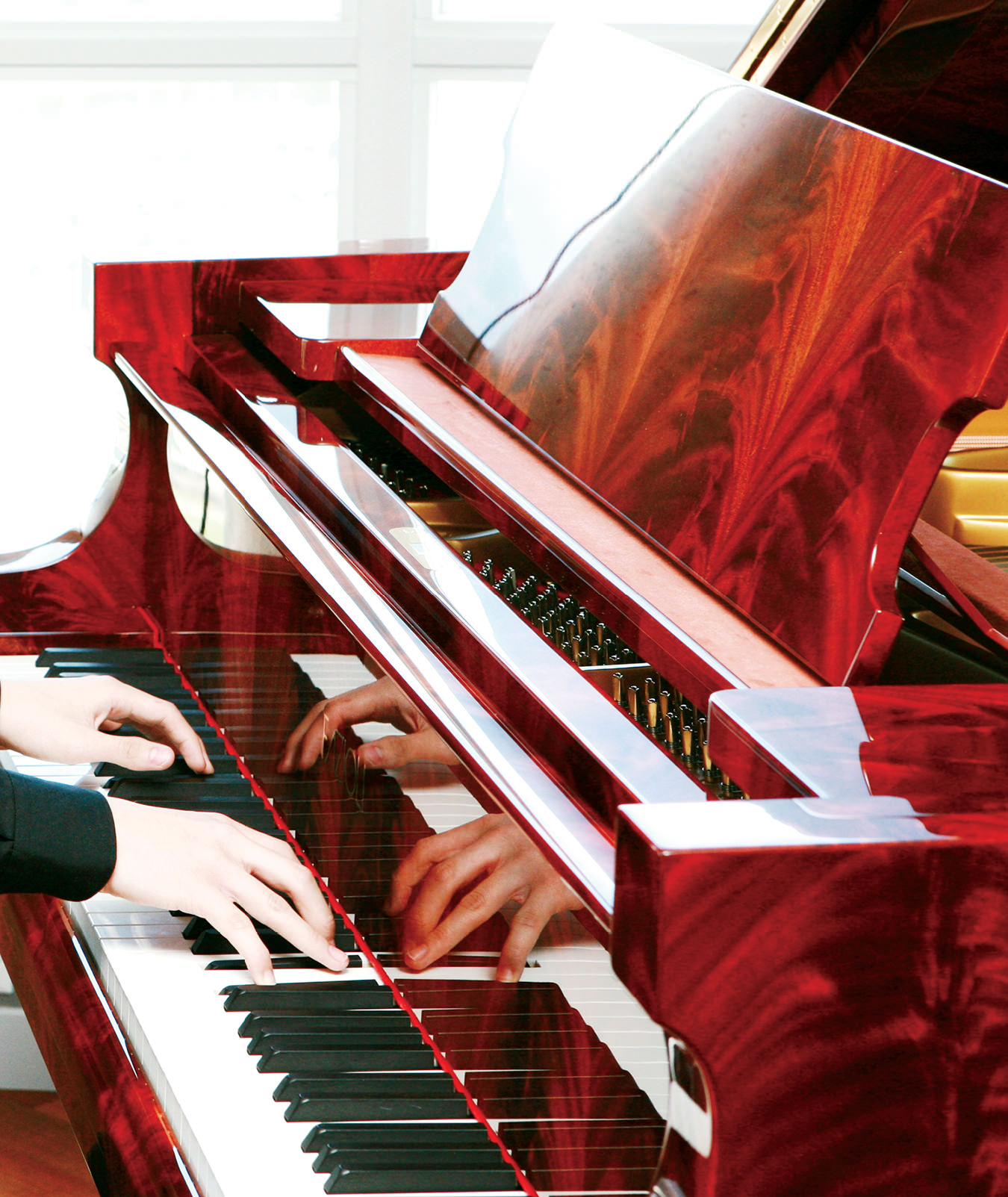
In producing the instrument’s sound, one of the most important parts of a piano is the sounding board, which in a Fazioli is carved from the same trees as Stradivarius violins: red spruce from Val di Fiemme in the Italian Alps. Over a period of three years, the timber is transformed in a laborious process that includes a natural drying period that takes between six months and a year.
Fazioli makes six different models of grands with varying wood finishes. The largest is the Fazioli F308, which, at 10 feet 2 inches in length, is the longest piano in the world. It is the only piano with a fourth pedal—a Fazioli creation that brings the hammers close to the strings to decrease the volume without modifying the tone.
At the Cannes International Boat Show in 2006, Fazioli released what may be the most futuristic-looking grand piano ever made: the black and silver M. Liminal, designed by Philippe Gendre. Its asymmetrical shape is a blend of the old and the new with the wood top and its stainless-steel base. “This piano is conceived for a yacht,” says Paolo, “because it has a unique leg that is to be permanently fixed to the ground to get around the waves of the ocean.”
If you build it, they will come—and come they have. Angela Hewitt, Canadian native and “pre-eminent Bach pianist of our time”, according to The Guardian, will play on nothing else. “Besides having a beautiful sound, it has an incredible action which responds to every slight variation in touch. In the sound, it gives you a big range of colour, from the most powerful to the most delicate, and so it’s a very creative piano. It lets your imagination soar,” Hewitt says.
There are only two locations in Canada where the Fazioli feat is available: Showcase Pianos in Vancouver and Merriam Pianos in Oakville.
In the world of pianos, the Fazioli has succeeded in carving out a niche as a high-end grand piano loved for the quality of its sound. “Never will the perfect sound exist. We are always thinking we can do better,” says Paolo. With the Fazioli sound, he comes pretty close.

